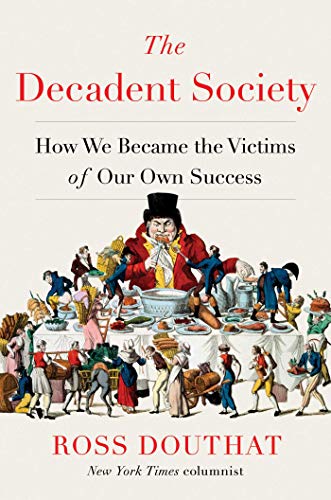
1
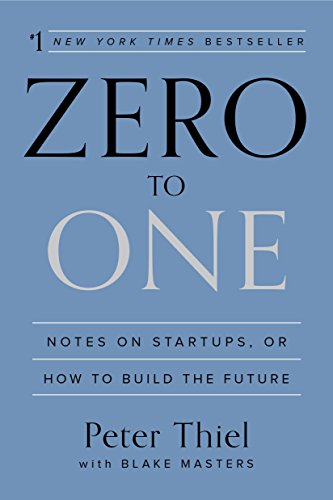
2
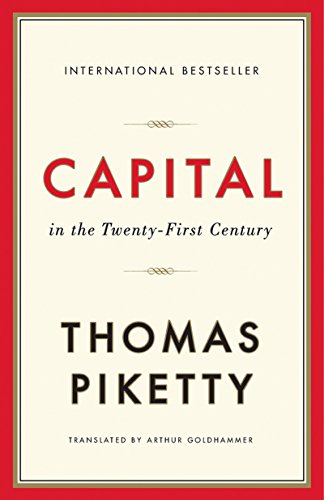
3
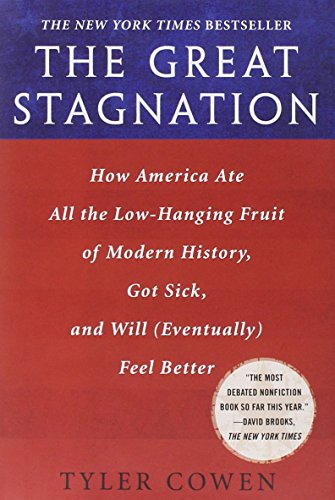
4
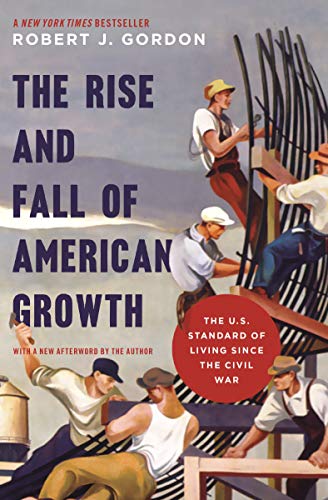
5
In “The Decadent Society,” the New York Times columnist Ross Douthat diagnoses our decadent economic condition. He quotes amply from expert thinkers, including Tyler Cowen, Robert Gordon, Thomas Piketty, and Peter Thiel. Using excerpts from “The Decadent Society,” this list outlines their various perspectives.
1
Do we live in a Gilded age of luxury, decadence, and excess? This is the crucial question Douthat addresses by surveying the economists and intellectuals listed below. A skillful synthesizer, Douthat combines their perspectives into a compelling account. Indeed, he paints a “fuller portrait of our decadence than you can get just looking at political science papers on institutional decay or an economic analysis of the declining rate of growth.”
2
Peter Thiel is the premier critic of Silicon Valley. As Douthat describes, Silicon Valley companies offer case studies in “what is looks like when an extraordinarily rich society can’t find enough new ideas that justify investing all its stockpile wealth...In a decadent economy, the supposed cutting edge of capitalism is increasingly defined by let’s-pretendism—by technologies that have *almost* arrived, business models that are *on their way* to profitability, by runways that go on and go on without ever achieving liftoff.” Thiel's criticism captures a real change: "We used to travel faster, build bigger, live longer; now we communicate faster, chatter more, snap more selfies.”
3
“In one of the urtexts of the post-financial crisis left: French economist Thomas Piketty’s 2013 tome "Capital"…a class of rentiers gets rich passively via investment and inheritance while everyone else falls further and further behind.” “Piketty’s theory about the inevitable drift of capitalism was extremely controversial, and a complicated, highly technical debate sprang up around that aspect of his book. But for our purposes, it’s enough to say that Piketty’s villains, the grand rentiers (the global superrich) and petit rentiers (the mass upper class forged by meritocracy), are both instantly recognizable types…”
4
One of the most convincing theorists of limits is Tyler Cowen. In his 2011 book, "The Great Stagnation," he talks about the three forms of “low-hanging fruit” that "America spent its long economic expansion plucking, only to find the lower branches bare and the potential sources of new growth hanging out of reach."
5
In his magisterial 2016 work, "The Rise and Fall of American Growth," Robert Gordon talks about the six “headwinds” holding down economic progress. But both Tyler Cowen's and Robert Gordon's arguments can be effectively combined: "it’s the great surge of innovation in recent Western history that’s the historical anomaly, not the disappointing years since…”

1
Do we live in a Gilded age of luxury, decadence, and excess? This is the crucial question Douthat addresses by surveying the economists and intellectuals listed below. A skillful synthesizer, Douthat combines their perspectives into a compelling account. Indeed, he paints a “fuller portrait of our decadence than you can get just looking at political science papers on institutional decay or an economic analysis of the declining rate of growth.”

2
Peter Thiel is the premier critic of Silicon Valley. As Douthat describes, Silicon Valley companies offer case studies in “what is looks like when an extraordinarily rich society can’t find enough new ideas that justify investing all its stockpile wealth...In a decadent economy, the supposed cutting edge of capitalism is increasingly defined by let’s-pretendism—by technologies that have *almost* arrived, business models that are *on their way* to profitability, by runways that go on and go on without ever achieving liftoff.” Thiel's criticism captures a real change: "We used to travel faster, build bigger, live longer; now we communicate faster, chatter more, snap more selfies.”

3
“In one of the urtexts of the post-financial crisis left: French economist Thomas Piketty’s 2013 tome "Capital"…a class of rentiers gets rich passively via investment and inheritance while everyone else falls further and further behind.” “Piketty’s theory about the inevitable drift of capitalism was extremely controversial, and a complicated, highly technical debate sprang up around that aspect of his book. But for our purposes, it’s enough to say that Piketty’s villains, the grand rentiers (the global superrich) and petit rentiers (the mass upper class forged by meritocracy), are both instantly recognizable types…”

4
One of the most convincing theorists of limits is Tyler Cowen. In his 2011 book, "The Great Stagnation," he talks about the three forms of “low-hanging fruit” that "America spent its long economic expansion plucking, only to find the lower branches bare and the potential sources of new growth hanging out of reach."

5
In his magisterial 2016 work, "The Rise and Fall of American Growth," Robert Gordon talks about the six “headwinds” holding down economic progress. But both Tyler Cowen's and Robert Gordon's arguments can be effectively combined: "it’s the great surge of innovation in recent Western history that’s the historical anomaly, not the disappointing years since…”
© Five Books 2026